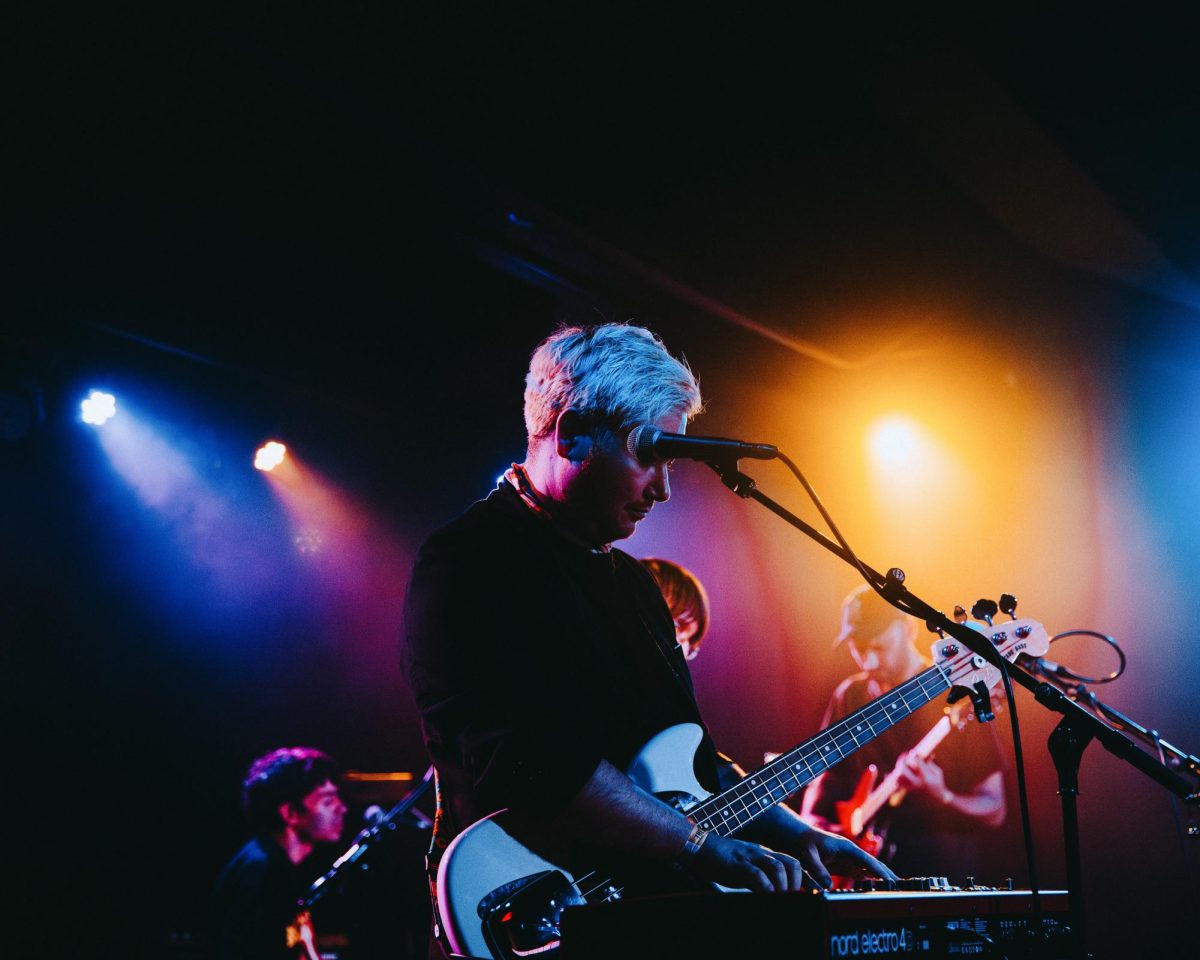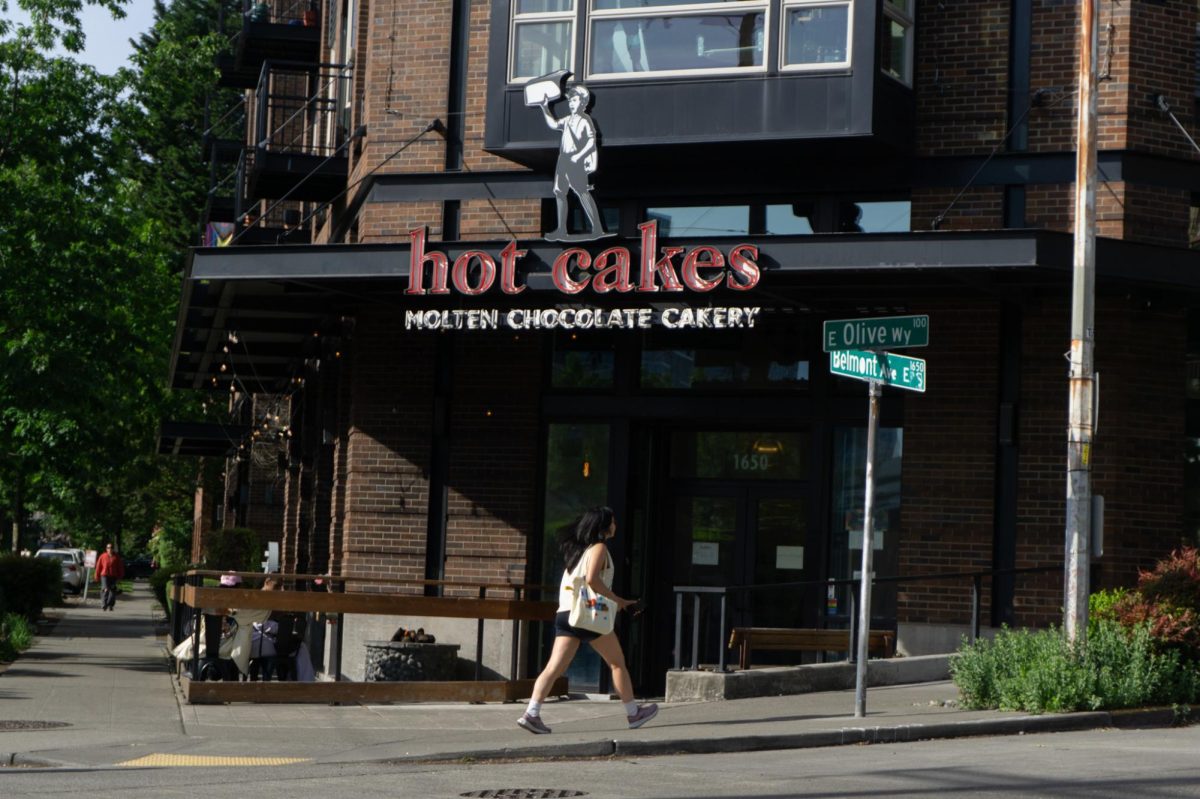If denim-on-denim is wrong, then the new fashion trend hitting the streets of Seattle doesn’t want to be right.
Fast fashion is on the rise as clothing brands such as Forever 21, H&M, TopShop, Urban Outfitters and Zara pump out new product at rapid rates for its young customer base. Many of those who are interested in high fashion and its sustainability are turning to support locally-owned businesses. One prominent Seattle-based clothing store making a name for itself in high fashion and raw denim sales is Fremont’s Blue Owl Workshop.
Blue Owl Workshop originally began as an online store with world-wide customer base. Known for its selection of raw denim, the store also curates a collection of items to complement the denim. Raw denim is high-quality fabric that is not meant to be washed for at least six months at a time, if ever at all during its lifetime. Raw denim starts out rough and stiff and wears to be smooth and soft over time. Some people buy a pair of raw denim jeans as their one and only pair, wearing them until full exhaustion.
“The denim we sell is a return to the origin of denim’s purpose of being a long-lasting durable material,” Store Operations Manager David Cannon said. “Of course, our cuts are more modern and our customers are typically shopping for fashion, but the ideas of high quality material and high quality manufacturing are central to everything we carry at Blue Owl.”
Cannon said that the return of the raw denim is part of this larger form of conscientious consumption. Once a consumer considers the details of the production, such as the sourcing of high quality cotton, development of innovative fabrics, and the sewing factories that pay living wages in metropolitan areas, the steep price for the jeans starts to make sense. One pair of jeans made of raw denim can last for years.
Seattle U’s Fashion Club co-president Ada Payne expressed her affinity for denim and appreciates how raw denim specifically has become a staple in both street style and in high-end fashion.
“I think denim is a great source of fashion because it is one of the most reusable and recyclable popular fabrics out there,” Payne said.
Fashion Club member Jordan Chan spoke to the way trends have an ebb and flow to them when it comes to what was popular in the past and if it’s worth bringing back for the vintage look and feel.
“It’s funny how fashion is a cycle because I remember in high school trying to procure the best fades on my jeans by soaking them and washing them at the beach,” said Chan.
Fashion Club is trying to create more awareness against the dangers of fast fashion and is looking to support brands that are moving in the right direction of reusable clothing and sustainability. Popular brands like Madewell have even implemented a policy where they give discounts to customers who bring in old jeans to be recycle.
“One of our main goals in Fashion Club is to deconstruct the idea of fast fashion in a creative, playful way. In other words, we think that clothing should be sustainable and creatively focused, rather than something that is used for a short amount of time only to be thrown into a landfill,” Payne said. “I think denim is a great example of a popular trend that happens to benefit the sustainability of the industry.”
Fashion Club member Benjamin Fuller warns against being caught up in trends like raw denim just for the sake of social capital.
“I think it’s important to identify what types of denim make you feel good, what season it is, and look for quality washes, fits, and fabrics,” said Fuller. “If you think raw denim looks nice, wear it. I probably would too, but don’t stop wearing your ripped jeans or light-washed vintage jeans because fashion said they weren’t current. Clothing should be fun and liberating, not confining.”
Frances may be reached at
fdivinagracia@su-spectator.com







